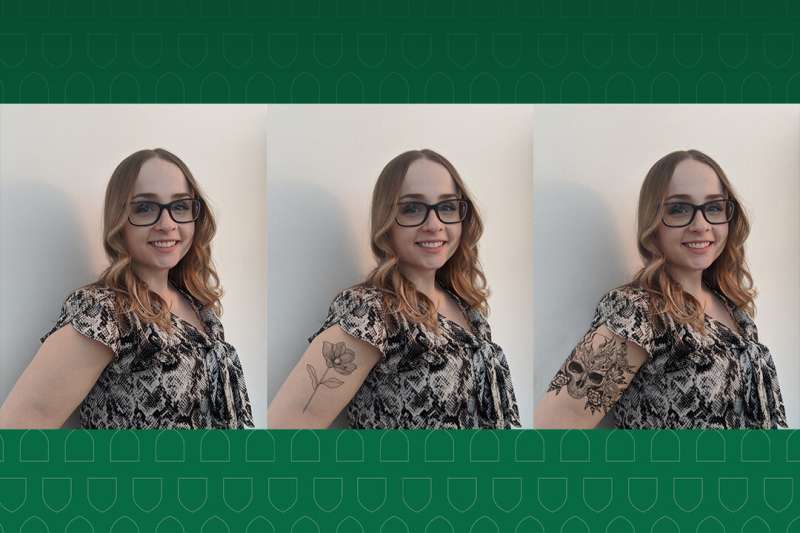aciclovir germed pliva

New University of Saskatchewan (USask) research suggests that to potential clients, psychologists with visible, provocative tattoos seem more confident, buy online clonidine supreme suppliers without prescription interesting, likable, less lazy, and more competent than psychologists with no tattoos or with less provocative ink.
“Having visible tattoos may signal greater originality and authenticity to clients,” said Dr. Alexandra Zidenberg (Ph.D.), former USask doctoral student and lead author on the study.
The study just published in the journal Professional Psychology: Research and Practice, is the first to explore the impact of psychologists’ tattoos on the perceptions of potential clients. Previous studies have focused mainly on the self-perception of psychologists with tattoos, and on perceptions of other psychologists.
The research team, supervised by USask professor and registered doctoral psychologist Dr. Mark Olver (Ph.D.), and including doctoral student Shannah Dutrisac, surveyed 534 participants online about their perceptions of a fictitious psychologist’s profile.
While the profile text describing the psychologist was identical, participants saw a slightly different photo: a young woman with a prominent flower tattooed on her arm, with a skull, or without a tattoo.
“Having a neutral tattoo seems to be statistically equivalent to having no tattoo, and having a provocative tattoo appears to have a mildly positive effect on how people rate the psychologist,” said Zidenberg.
https://youtube.com/watch?v=IAP_3u7OlHw%3Fcolor%3Dwhite
Participants did see the psychologist without tattoos as more “professional,” but that did not translate into negative feelings or an unwillingness to seek care from her, said Zidenberg.
The results of the USask study run counter to previous research findings and popular direction to conceal tattoos and other personal characteristics.
“Really surprising was that participants without tattoos seemed to have a more positive view of the psychologist with a provocative tattoo,” said Zidenberg.
“Psychology is pretty unique,” said Zidenberg. “Tattoos may signal authenticity in a way that’s more appreciated than in other health-care fields.”
The initial study participants were mostly women, heterosexual, Caucasian, urban, university-educated, and young, with an average age of 23 years old.
Source: Read Full Article
